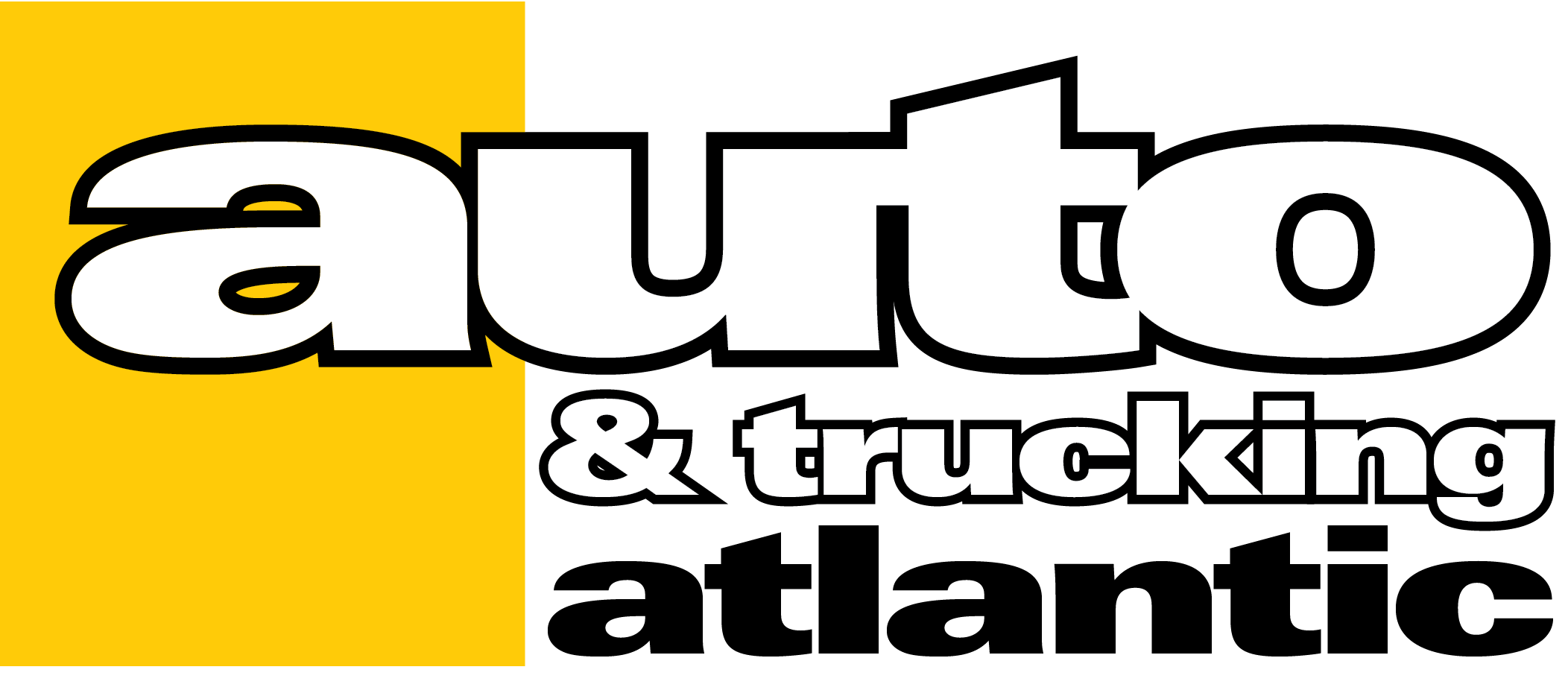ALIGN YOURSELF WITH A BETTER CAREER
A new personality assessment tool that measures attributes rather than skills and experience is gaining traction and winning raves as a way of increasing diversity and inclusion in the workplace.
By Carter Hammett
For many of us, the decision to commit to a specific career is one of the most important and nerve-wracking decisions we’ll probably ever make.
It can also be one of the most challenging undertakings we can engage in. The sheer volume of choices out there can be simply overwhelming. And when you realize that a staggering 50% of the jobs available today didn’t even exist a decade ago, that just adds to the potential anxiety.
So where do you turn? Certainly, career counsellors can help guide you along the way. They can help you decide what to major in, what careers will generate a sense of purpose and also where the jobs will be in five-to-10 years from now. Many career counsellors use tools like career assessment instruments to help you identify themes in your in your life which can help you narrow your choices.

Not all of these however, were created equally. Not all of them have been peer reviewed, for example. One of the downsides to these instruments – especially self-scoring ones – is that it’s easy to project who you want to be into the mix, rather than who you are now, at this very moment. At the end of the day, good career assessment tests provide quality information that enhance the decision making process which should lead you to better and clearer career goals.
A recent arrival to the party and one that’s been gaining a lot of traction lately is ALiGN. Developed by the Ontario Tourism Education Corporation (OTEC) and powered by Magnet, ALiGN positions itself as a test that matches job seekers with employers through personality attributes instead of the more traditional approaches of skills and experience.
“It’s like a pre-screening tool for employers,” says Jessica Dubelaar, project manager, inclusive hiring at Magnet. “It allows employers to consider individuals who have had barriers to employment (including people with disabilities and new comers to Canada). They might not have the experience but they will have the aptitude and potentially succeed based on personality.”
Highly visual in nature, people who complete an ALiGN assessment receive a colour-driven and highly personalized framework to foster self-awareness while increasing the effectiveness of their relationships at work. The so-called “spark portrait” also includes an overview of careers that might be interesting to participants based on personality preferences and strengths and these show up in mandala awash with colour and meaning.
Red, for example is driven and action-oriented. Green offers a people focus, while blue people are highly detail-oriented and organized. Yellow people tend to be “big picture” thinkers and spontaneous.
ALiGN also embraces paradox and thus the complexity of human dynamics. “You can be both introverted and extraverted,” says Dubelaar. “The binary perspective is more realistic.”
“ALiGN is psychometric personality assessment that matches employers to talent, says project coordinator at Ryerson Magnet Elizabeth Mohler. “I’d say it’s unique because of the three types of selves that it describes.”

Those three “selves” are the Underlying, or how you are at home; the Everyday, or how you present yourself to the world, and the Extended self, or the personality that functions under stress.
Perhaps the most interesting of the three is the Extended self, which is seldom presented in personality assessments. Certain traits, for example, can be derailers, which are just the logical continuum of our strengths. So, yellow, for example, can indicate creativity, which, when used well can be an indicator of strong conceptual skills and radical approaches to different contexts. However, the Extended self, when taxed, can also get lost in detail and certain personality traits can shift from a positive to a negative, depending on the personality.
Results from the assessment are transferrable to other contexts too. For example, attributes that come up on a profile can be transferred to a resume to align with the job being applied for. These same attributes can be used as selling features during a job interview as well.
Funded by Employment and Social Development Canada (ESDC), and working in collaboration with social innovation platform Magnet (https://magnet.today/) as well as the Diversity Institute at Ryerson University, ALiGN caters to a wide-ranging audience interested in federally-regulated sectors that include, financial institutions, telecommunications and transportation.
Employers working in these sectors evaluate the most desirable behavioural characteristics in specifically-targeted occupations and collaborate with OTEC to assemble “ideal candidate profiles” for these positions. Job seekers complete an online psychometric assessment to identify personality traits and workstyle preferences before Magnet’s technology measures job seekers against all candidate profiles in the system and then invites them to apply to roles that match their job fit characteristics.
Finally, employers receive candidates with the knowledge that they are well-suited for the job.
The project is focused on increasing the pool of qualified candidates from employment equity groups and increase understanding of the barriers to employment faced by populations that include people with disabilities, Indigenous people and women.
With this line of thinking, employers will be able to increase the presence of diverse applicants, creating a more inclusive and pluralistic organizational culture in the process. The initiative also aims to stimulate insight on how employers can obtain talent with non-traditional education and experience. Examples of this include the fact that, because of the solitary and repetitive nature of trucking, people with high functioning autism (Asperger’s Syndrome) have often been successful in these types of roles. The energy and enthusiasm people with Attention Deficit Hyperactivity Disorder (ADHD) can make them ideal candidates for jobs that require shift work.
For folks with disabilities, it’s hard to get experience and they may have gaps on their resume or periods of inactivity due to health issues. ALIGN allows you to be matched based on fit rather than skills and experience. For employers, this provides the opportunity to be open minded when hiring diverse talent. If training or mentoring can be provided this population can be successful, given the chance and the proper supports.
Starbucks was an early adopter of the tool, and made a commitment to use it while hiring Syrian refugees. ALiGN was used to stream folks into barista training in partnership with a local employment agency. Among other variables, the tool indicated which people had the energy to interact with a wide volume of different people as well as the ability to remain organized in a high pressure environment.
“The tool helped to get folks in to non-traditional roles. It’s a great tool for helping them reach their commitment and set people up for success,” says Dubelaar.
So far, feedback has been excellent. Newcomers who experienced ALiGN generated a satisfaction rating of between 85-and-90 percent.
“In a post-COVID-19 world, some jobs won’t exist in the same way,” says Mohler. “We’ll have to figure out where to go next. ALiGN might be one way of helping employers consider alternative forms of hiring.” For more information on ALiGN, visit the web site at: magnet.today/align


